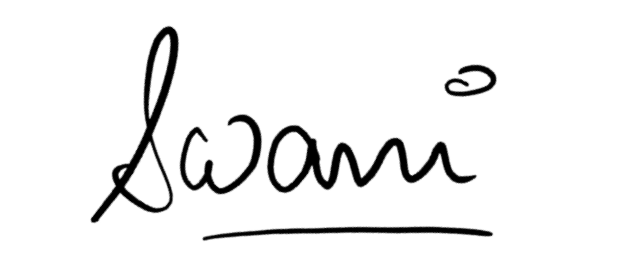The Guardian writes:
He said the next challenge would be to take advantage of ubiquitous wireless, super-fast internet connections. Advances in computer hardware had been a "miracle" but high-speed internet connections would accelerate the pace of change even further. Computers would become almost invisible, he said, integrated into everything that we do.
Magazines and newspapers would eventually become redundant in their existing form, with interactive, personalised content delivered to handheld devices. "A lot of the reading that's taking place, the richness to be able to call up anything will take over," he said.
"If you're in a store and you're buying a product, you take a photo of the bar code and immediately you'll be told what a fair price would be and what other products you might consider."
In television, too, the trend would be towards personalisation, he said. "TV will be very different than it is today. Yes, there'll be some popular shows. But if you want to watch your kid's high school soccer game, that's available on your TV set. If you want to watch a lecture that took place in a university ."
Viewers would be able to personalise everything from news coverage to football, he suggested, from an infinite number of possibilities.
